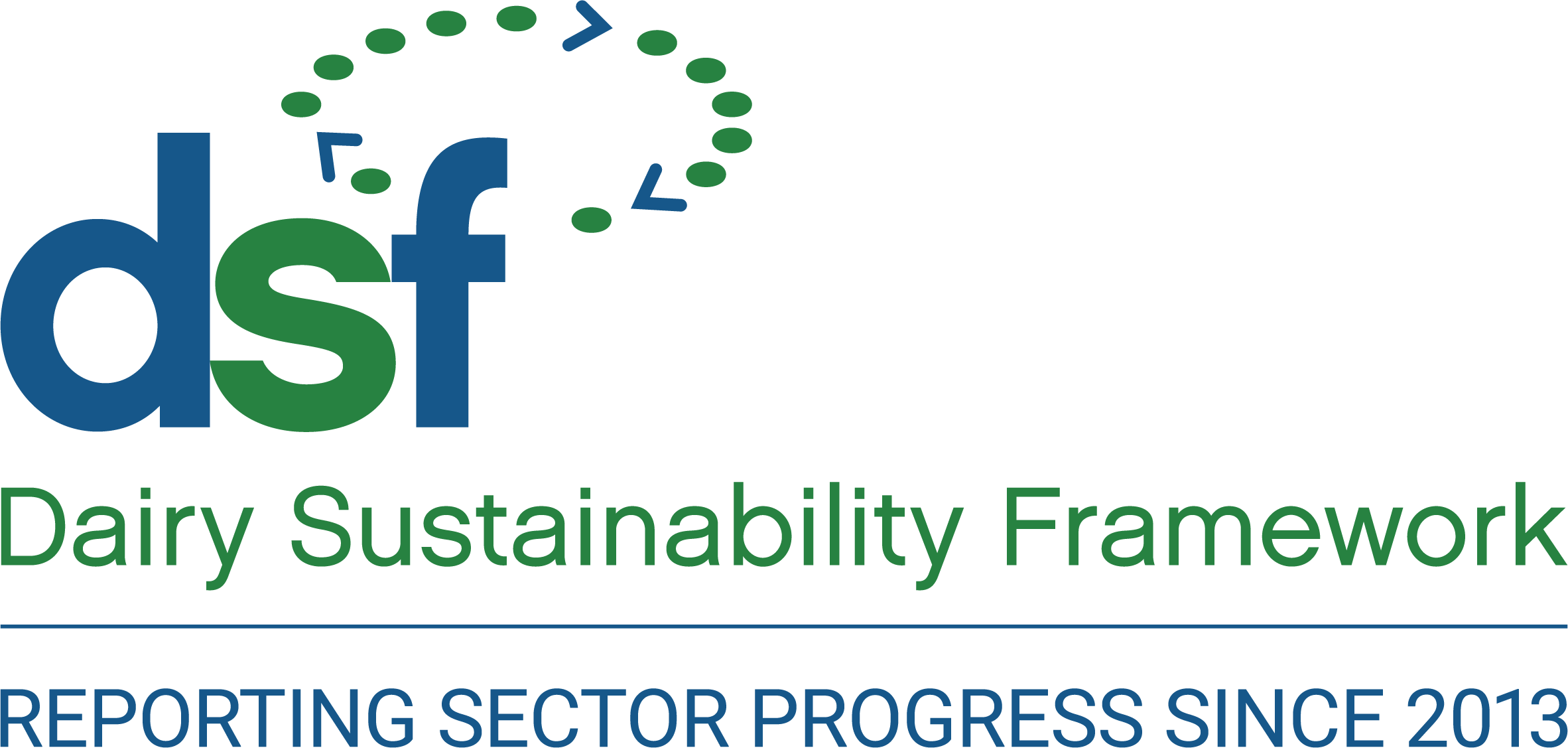- Engage in a supported process with the DSF Secretariat, with a mutually agreed timeline, that generates the necessary “in-house” skills to become a DSF Implementing member.
|
- Public endorsement of the 11 key sustainability categories and strategic intents.
|
- Public endorsement of the 11 key sustainability categories and strategic intents
|
- Public endorsement of the 11 key sustainability categories and strategic intents.
|
- As part of the structured support process, DSF will guide the organisation to establish the necessary internal structures and implement the sustainability program.
|
- Establish the necessary internal structures and processes to implement the sustainability program.
|
- Establish the necessary structures that ensure the Aggregating role can be fulfilled, such as LMG arrangements, materiality coordination, reporting and aggregation.
|
|
- As part of the structured support process, DSF will guide the organisation through developing a Local multi-stakeholder Management Group (LMG).
|
- Develop the Local multi-stakeholder Management Group (LMG).
|
- Develop the Local multi-stakeholder Management Group (LMG) for the organisations that are part of the aggregating efforts.
|
|
- Identify which of the 11 DSF Criteria to prioritise
|
- Undertake the materiality assessment, Criteria priority setting and mitigation/improvement program development and implementation.
|
- Undertake the materiality assessment, Criteria priority setting and ensure that the organisations the Aggregating member is working with are implementing appropriate mitigation/improvement programmes that are focussed on delivery of the Strategic Intent for their prioritised criteria.
|
|
- Agree indicators for the priorities with the DSF Secretariat.
- Design and implement (with DSF support) an improvement programme for the selected criteria.
|
- Ensure all programs are established with local milestones and KPI’s and the DSF Indicator Metrics.
|
- Ensure all collaborating organisations’ programs are established with both local milestones and KPI’s and the DSF Indicator Metrics.
|
|
|
- For organisations that operate in the same geographies as any DSF Aggregating Members, have a dialogue with the DSF Secretariat early in the DSF process to discuss reporting strategies to avoid any potential double counting.
|
- Inform the DSF Secretariat the names of the organisations you are aggregating on behalf of and have a dialogue with the DSF Secretariat early in the DSF process to discuss reporting strategies to avoid any potential double counting.
|
|
The provision of the annual reporting as required by the DSF by March 31 each year.
Reporting consists of providing:
- Updated Company information (eg. number of supplying dairy farms, processing plants, milk volume processed)
- Confirmed details of which criteria prioritised
- the agreed indicator metrics for those criteria you have prioritised
- This data will be aggregated with all other DSF members to produce the Annual reporting.
|
The provision of the annual reporting as required by the DSF by March 31 each year.
Reporting consists of providing:
- Updated Company information (eg. number of supplying dairy farms, processing plants, milk volume processed)
- Confirmed details of which criteria you have prioritised
- the indicator metrics for those criteria you have prioritised.
This data will be aggregated with all other DSF members to produce the Annual reporting.
|
The provision of the annual reporting as required by the DSF by March 31 each year.
Reporting consists of providing:
- Updated Company information (eg. number of supplying dairy farms, processing plants, milk volume processed)
- Confirmed details of which criteria you have prioritised
- the indicator metrics for those criteria you have prioritised.
This data will be aggregated with all other DSF members to produce the Annual reporting.
|
|
|
- Public communication of DSF membership and associated commitments, including allowing the DSF to use member’s name and logo in public communications. Implementing members can promote their organisation as a ‘member’ of the DSF.
|
- Public communication of DSF membership and associated commitments, including allowing the DSF to use member’s name and logo in public communications. Aggregating members can promote their organisation as a ‘member’ of the DSF. However the organisations they are aggregating for, unless part of an agreed scheme with the DSF, are not able to promote themselves as a member of the DSF.
|
- The DSF may use the member’s name and logo in public communications. As Affiliate members do not make any commitments regarding the implementation of the DSF, they are not permitted to promote their organisation as a ‘member’ of the DSF.
|
- Work with the DSF in generating a case study of the process to share with other dairy organisations in a similar situation.
|
- Optional: provision of sustainability case studies from their organisation on any of their priority criteria
|
- Compulsory: The provision of three sustainability case studies per annum selected from the organisations they represent in alignment with their priorities.
|
|
- Optional: to get actively involved in the DSF Development Group activities
|
- Optional: to get actively involved in the DSF Development Group activities
|
- Compulsory: Be actively involved in the DSF Development Group activities.
|
|
- Provision of feedback, as and when necessary, with regards to the DSF development initiatives.
|
- Provision of feedback, as and when necessary, with regards to the DSF development initiatives.
|
- Provision of feedback, as and when necessary, with regards to the DSF development initiatives.
|
|
